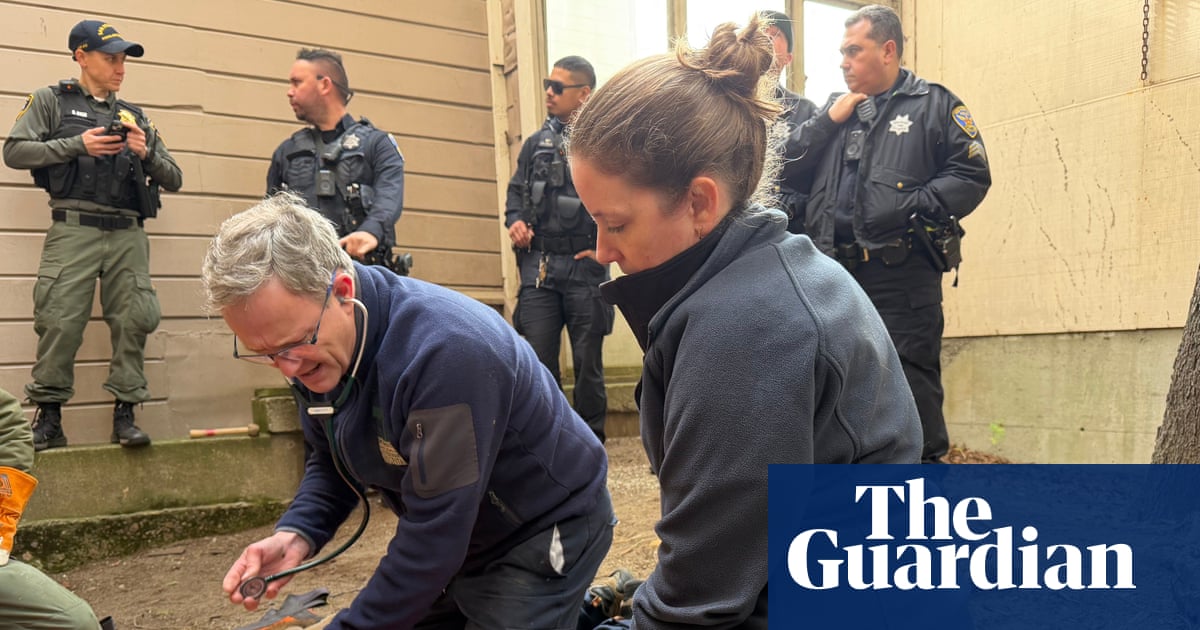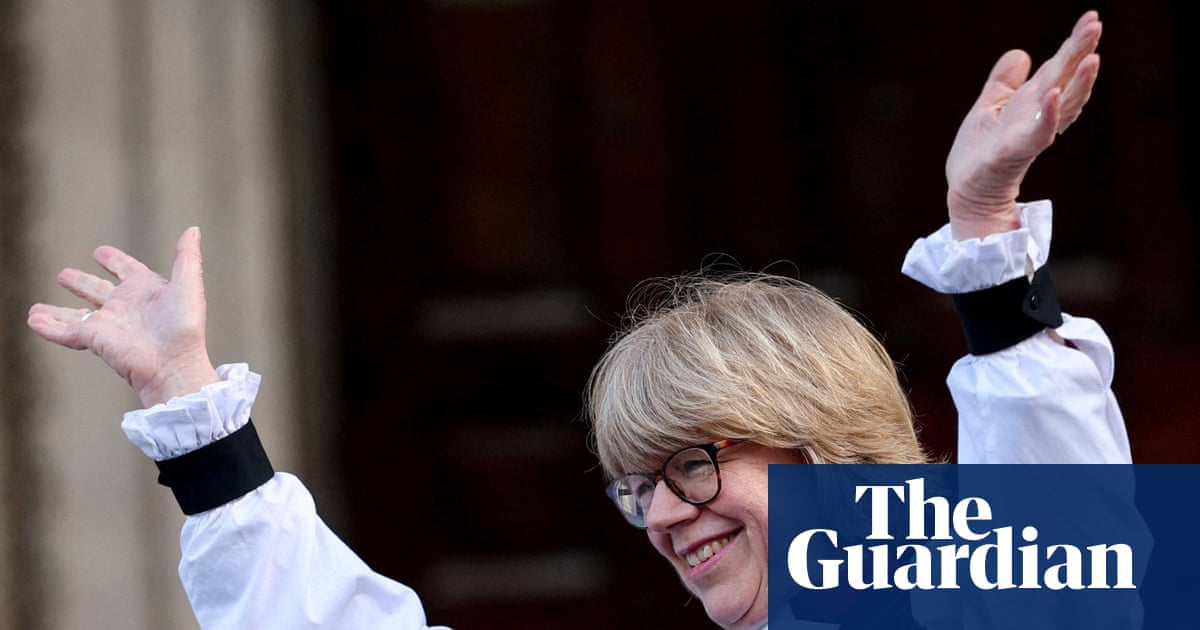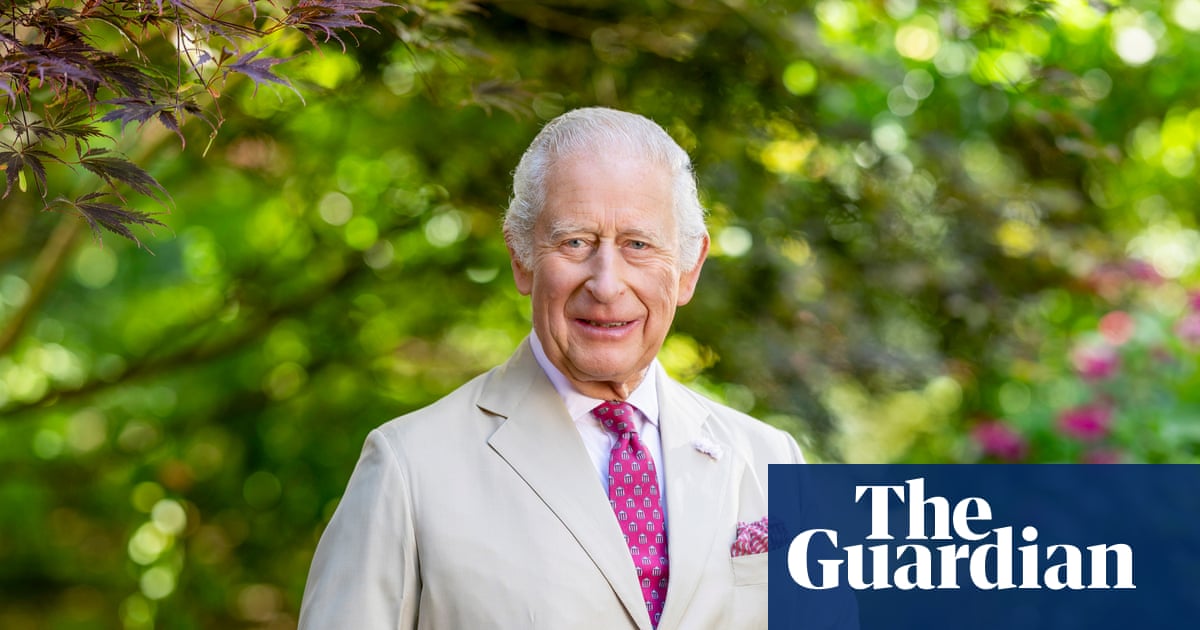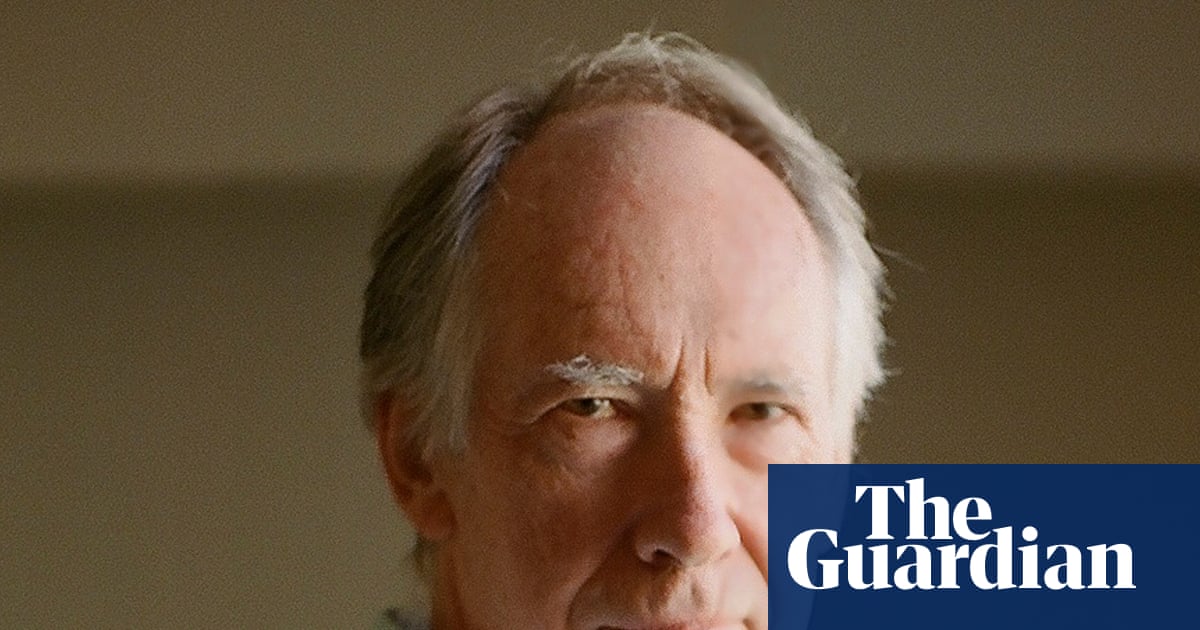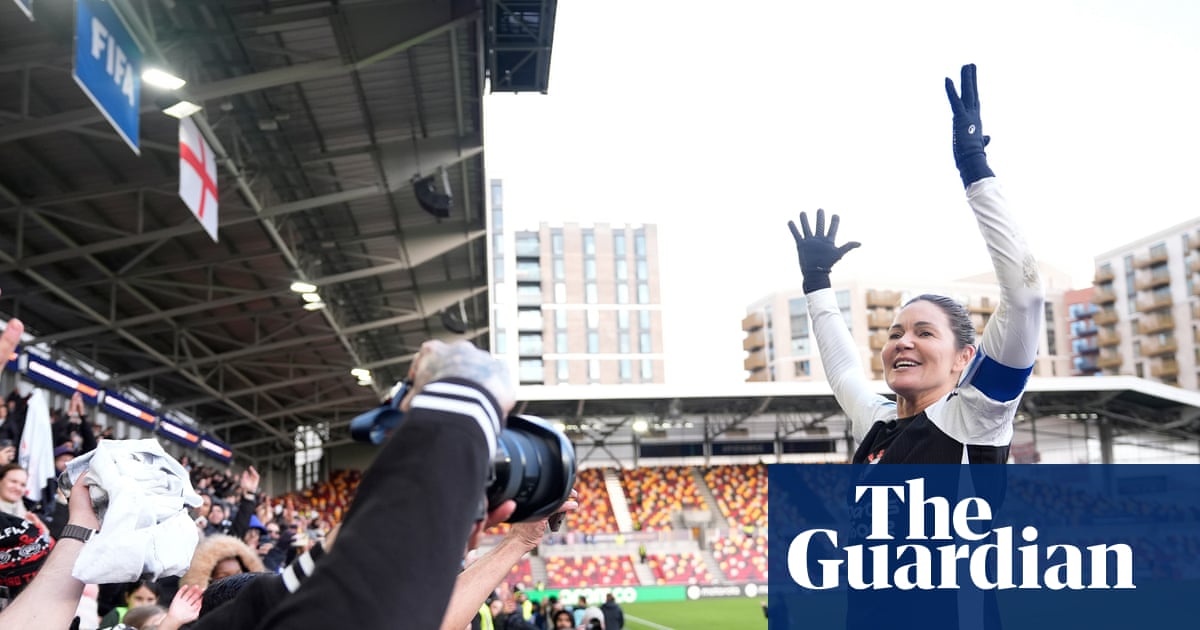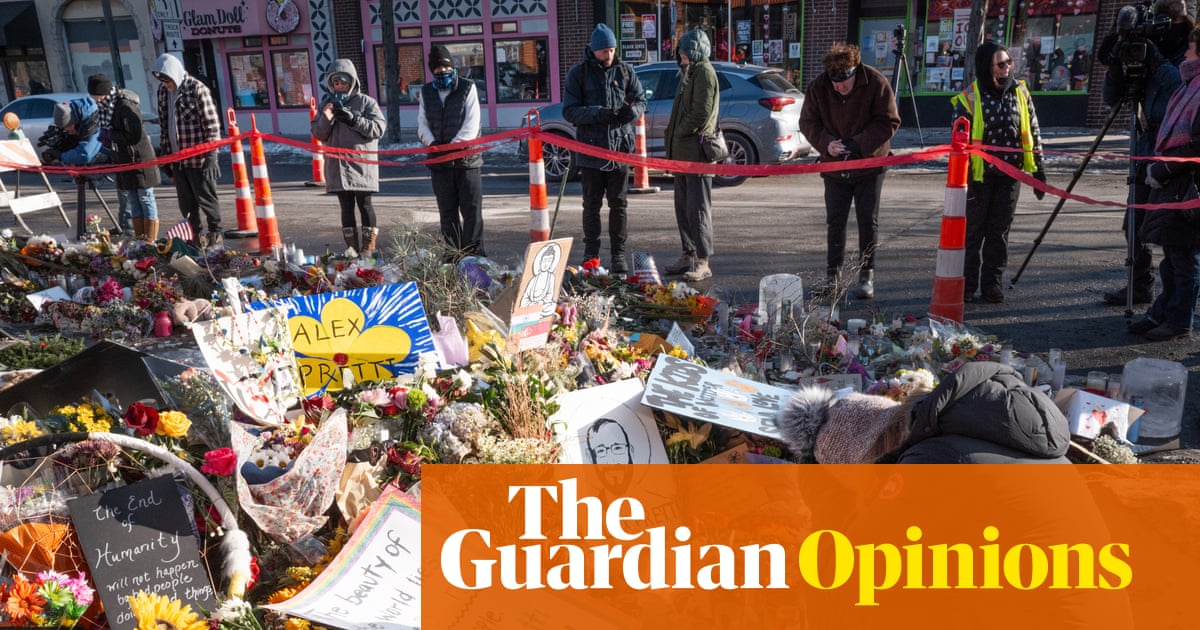Resident doctors in England will strike again next month – the 13th time since 2023 – a decision NHS bosses say is “the last thing the NHS needs”.
Hospital chiefs predicted that the stoppage would make it harder for the NHS to manage the increase in winter viruses and hamper its efforts to tackle the 7.4m waiting list backlog.
The British Medical Association (BMA) and Wes Streeting, the health secretary, blamed each other for the five-day strike, from 7am on 14 November to 7am on 19 November.
Dr Jack Fletcher, the chair of the BMA’s resident doctors’ committee (RDC), said on Thursday that the strike was a response to Streeting offering only “vague promises” after the union’s “reasonable” demands on pay and career progression.
But the health secretary accused the BMA of making a “preposterous” decision and indulging in “reckless posturing” and “unnecessary strikes” that would harm patients.
The BMA’s decision to call the 13th strike by resident – formerly junior – doctors since March 2023 comes after the breakdown of talks with the health secretary over the past week. Discussions focused on two issues: the BMA’s pursuit of a 29% pay rise for resident doctors and the difficulty some early-career medics have in entering their chosen branch of medical training.
Fletcher said: “This is not where we wanted to be. Better employment prospects and restoring pay are a credible way forward that would work for doctors, work for [the] government and work for our patients.
“The health secretary’s 11th-hour letter to us today makes vague promises for some degree of change to jobs and training for two years hence, showing little understanding of the crisis here and now, or a real commitment to fix it.”
He said ministers did not appear to want to do a deal to end the disputes, “leaving us little option but to call for strike action”. Resident doctors have already gone on strike in pursuit of better pay for a total of 49 days over the last 31 months, all but once under the previous Conservative administration.
Streeting hit back by saying: “It is preposterous that the BMA have rushed headlong into more damaging strike action a week after its new leadership opened discussions with the government.”
He said resident doctors’ salaries had increased by 28.9% over the last three years and he emphasised: “We simply cannot go further on pay this year.”
Streeting said that by calling the strike the RDC was “blocking a better deal for doctors” he had proposed that was intended to improve their working conditions and create more speciality training posts.
Richard Sloggett, a former special adviser at the Department of Health and Social Care, said: “These strikes are a hammer blow for government efforts to improve NHS performance and cut waiting lists. Taking place a week before a budget when all the talk is of tax hikes, they are also a reminder that the chancellor increased national insurance to help see off such strike action. This approach has now clearly failed.”
Daniel Elkeles, the chief executive of the hospitals group NHS Providers, said: “Another strike by resident doctors is the last thing the NHS needs, particularly as we head into what’s going to be another challenging winter for the heath service.”
Sources close to Streeting said the outline of an agreement reached with the RDC had been scuppered by the wider, full committee refusing to endorse it.
The health secretary recently told a gathering of senior doctors that he was trying to get the RDC leadership to see that in negotiations both sides had to give ground, but that the BMA’s preference for tactics reminiscent of “agitprop or student politics” had prevented a deal being done.
Alf Collins, a trustee at the Patients Association, said: “Should this strike go ahead, patients will again be left waiting in pain and uncertainty. This [strike] wouldn’t just be five days of disruption beginning on 14 November but would lead to weeks and potentially months of delays for patients as appointments and treatments are pushed back.”

 3 months ago
52
3 months ago
52








